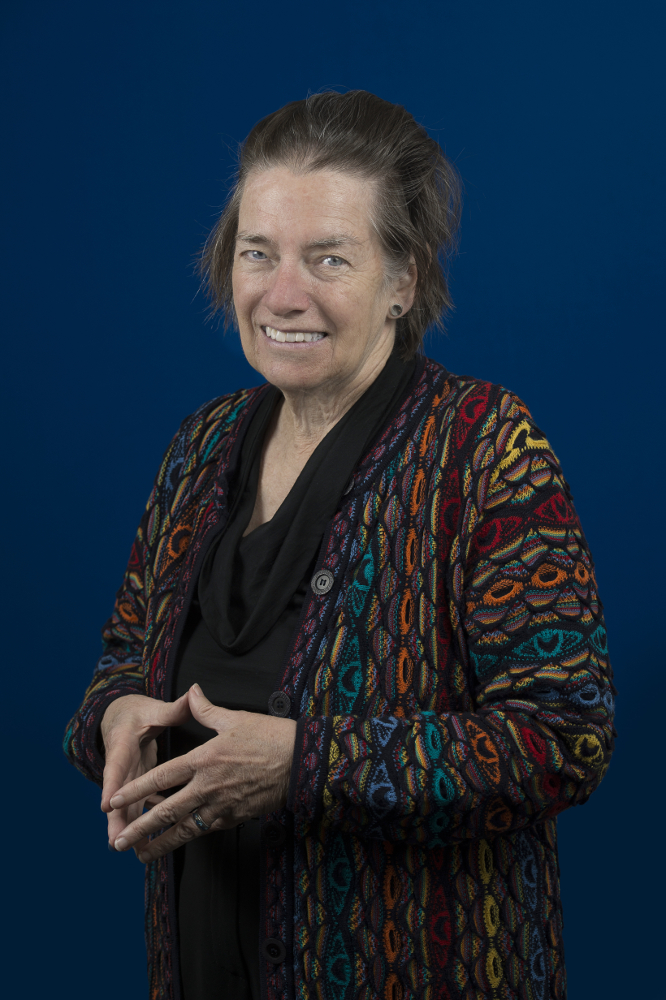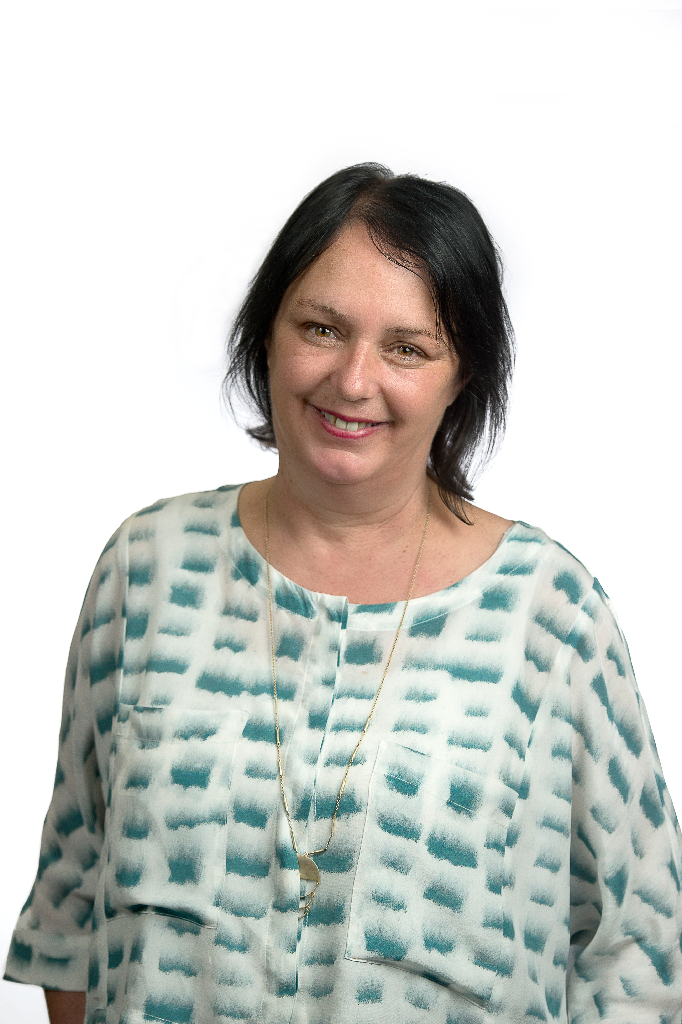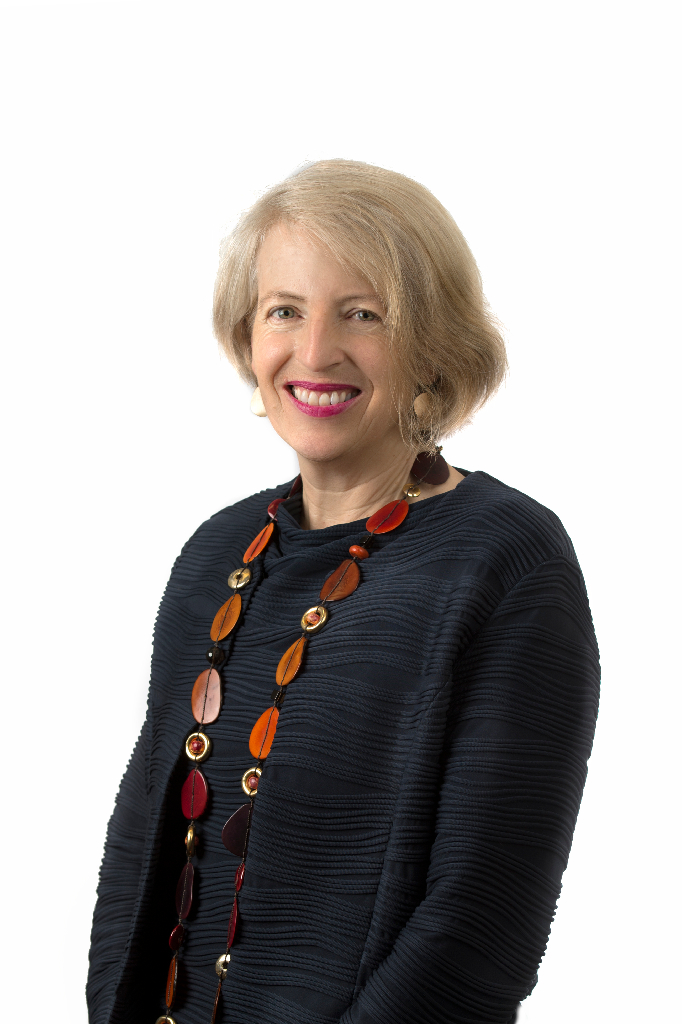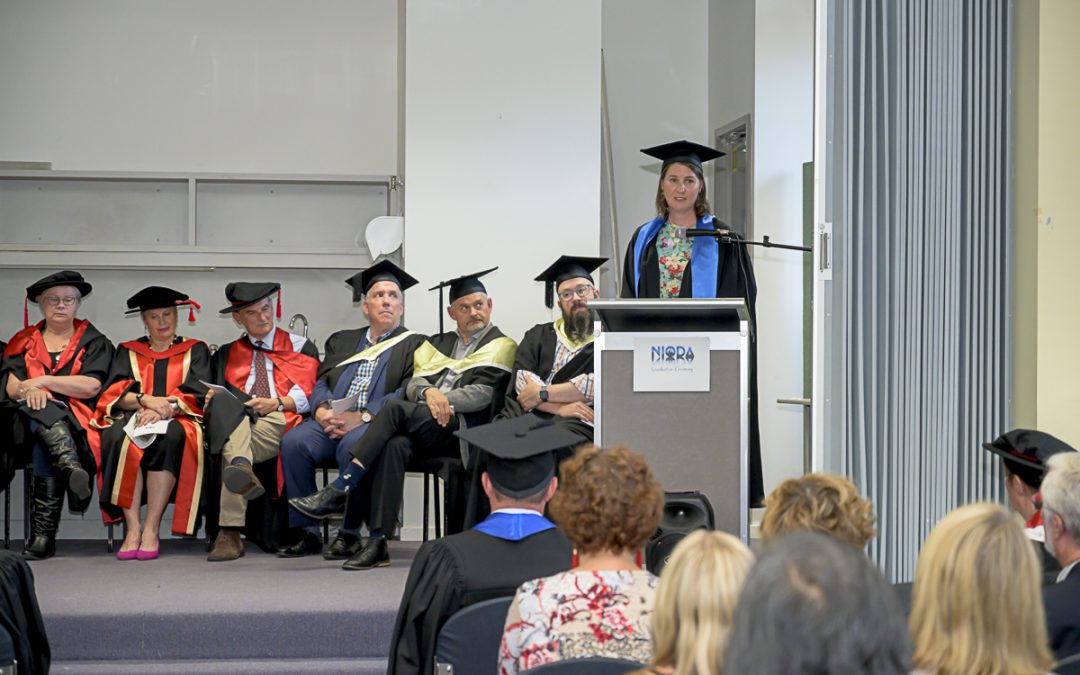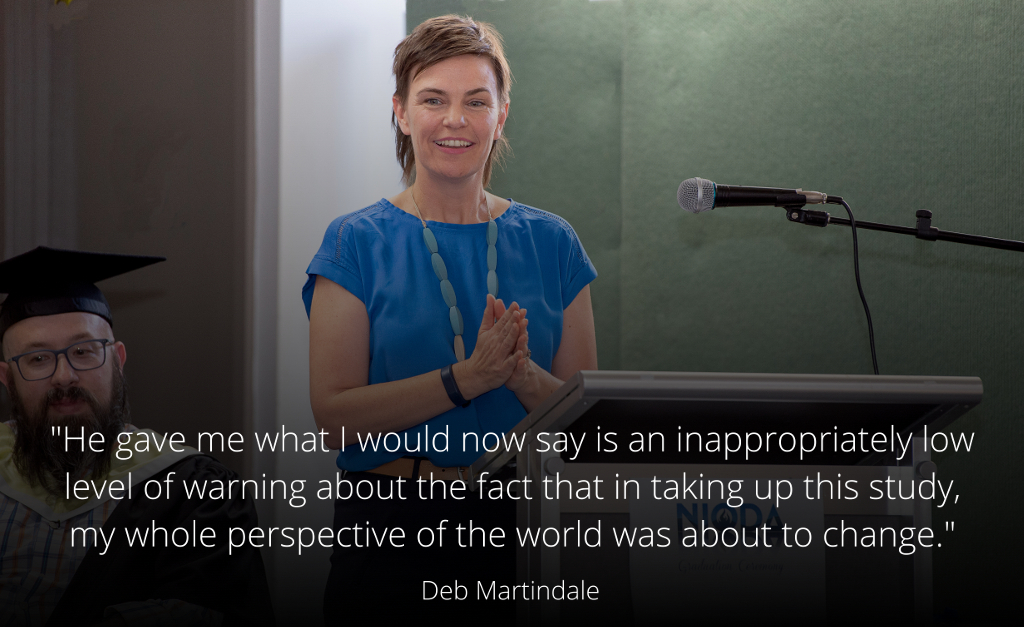Address to the NIODA Graduands from alumnus, Deb Martindale (RMIT Organisation Dynamics Masters Graduate 2009)
What a great privilege it is to be here with you tonight. I feel very humble. Between you and our new mutual friends Bion, Trist, Chapman, Alderfer and the rest of the gang, I’m a lot more like you than I am like them!
I’d like you to imagine me here with a large pair of very obvious biggles-style aviator goggles. For this is what I drew in a self-portrait of myself at the very juncture that you find yourselves at, almost a decade ago.
In 2007 I wandered into John Newton’s office at RMIT to talk about studying organisation dynamics. He gave me what I would now say was an inappropriately low level of warning about the fact that in taking up this study, my whole perspective of the world was about to change. Naively, I was about to put on these big ‘ole goggles and wipe my eyes in disbelief, immerse myself in what I could see that I hadn’t seen before, sit in circles full of chairs and explore the thin air, marvel at the interplay and the insight that I could now grapple with, and then – oh no – discover that my new goggles were permanent!
Organisation dynamics indeed. I saw team conflict, project inertia, scapegoating, collaborative initiatives, global politics, community outrage or apathy, my family Christmas, and even the election of Donald Trump, differently. Through the rich syllabus that you have been learning, I too have learned, I have been changed, and I – you – cannot unlearn, cannot hit pause or pack this course away on the shelf, filed under ‘Masters completed, well done’. What a gift. We are so lucky to have experienced an education that is so much more than knowledge. It is, as the sticker on the box promises, experiential, unconscious, challenging and ultimately enlightening.
And so you may well be asking yourselves, what happens next?
I felt a bit awkward about my new goggles when I graduated. I certainly didn’t feel confident talking to the non-goggles wearers about what I could see. At that time I was an executive in the public sector, working with communities recovering from the 2009 Black Saturday bushfires, and working in what had become a sector being scrutinised through the lens of a Royal Commission. I have for some years since served as a consultant to the emergency management and other government and not-for-profit sectors.
I wonder if you, like me, wonder how you will keep your learning alive, share your knowledge with others, and integrate this way of thinking into your work? My message really, is that firstly, you absolutely can. And that secondly, your commitment and at times your courage to do so, will absolutely be worth it.
Of course you have different options before you:
1. Perhaps this study is a step towards a new career path specialising in socio-analysis and organisation dynamics.
2. Perhaps, like me, you hope and plan to integrate and apply your learning to your current organisation or sector.
3. Or perhaps this has been deeply personal and intellectual. About your own resilience and ability to think about the world that we live in. That too, is surely noble enough.
For me, I have gradually grown in confidence and aptitude to share my thinking and my insight, backed up when required by my learned colleagues (ahem) Freud and Hirschhorn and Berg. I have also found this way of thinking an incredibly powerful way to reflect, and to ever so gently influence and encourage my clients to reflect with me.
Generally, I find that people are curious, and willing to explore with me. My at times clumsy recall or interpretation of the literature is rarely refuted or shut down, and more often humoured until we can arrive at an analogy or example that makes more sense. And of course over time, I have found what works for me, as you will find what works for you. The craft of exceptional management and leadership is perpetual, and the best of your peers will want to learn with you.
Importantly, I personally draw comfort and strength being able to explore the complex dynamics I find myself in. Sometimes this is represented in my ability to anticipate what will occur, or what may be needed. At other times it is the patience and capacity to sit with the unknown, or to hold it for others. And at other times it is simply that I can fall back on clear principles around task, role, system and self, and enter the room with this on my side. Have faith that this is what you have ahead of you. You have invested in your way of thinking and your ability to interact with or help others, forever.
I shouldn’t imply that it has always been easy, or that I’ve entered into this work so confidently. “Oh hi client, I’m just reading through your proposed workshop agenda and I know you think you have a solid outline here, but actually it’s filled with irrational, paranoid- schizoid social defenses against what you actually need to discuss, and is perhaps a mirroring of the very problem you seek to address as an organisation.”
Clearly we have to pick our moments and be clever.
In Practice
I hope you won’t find it indulgent if I share a couple of real-life examples, big and small, of how this learning has enabled me to work differently, and I hope, to positively contribute to the world I live in. Let’s start with the bigger of the two.
As I mentioned, I work quite a bit with emergency service organisations who operate before, during and after emergencies. In fact, most of my work with these organisations is as a facilitator of inter-organisational initiatives. Strategies, workshops, formal reviews, the introduction of new programs. Inter-organisation dynamics are my favourite. I am just a minnow in a massive enterprise of literally hundreds of thousands of emergency service personnel. I can’t fight a fire or intervene in a crisis or assist you in a medical emergency, but I can help. I know that my expertise in planning for, sitting with, and responding to different dynamics is useful. I can identify and call out the difficult or uncomfortable dynamics of collaborating, sharing, feeling vulnerable in front of peers, feeling burdened by others. And I can see the unspoken impacts on the sector during difficult events and in an era of great change. I can make a difference to progress, and support sector leaders to have courage or confidence in advancing change. Ultimately, I play a small part in reducing your risk and improving your safety.
On a smaller scale, I’ve recently been reflecting with a colleague who experienced overt (and I should add illegal) discrimination in the workplace. Rather than simply see this as an inappropriate act by an individual or small group, we have been meeting to explore the system and dynamics that enabled or even inadvertently nurtured this scenario into life. It has been a deeply engaging discussion, and so practical. We have shared lots of ‘aha’ moments and ‘oh-no’s’ and even some laughs about the naivety of organisation policies, training courses and culture surveys. I know that my colleague has appreciated this opportunity and I am grateful for it too. Without the goggles, I would have simply shared her outrage and wondered what was happening in the world.
——–
And so, graduates of 2018, muster all the courage that you can to share the world as you now see it. To reflect, and to apply your learning in any aspect of your life.
Goodness knows we need a deeper, richer, more complex way of thinking and talking together in our society today. And we need people who can help others to have those conversations. I don’t want to overwhelm you, but it behoves me to say, that this could be you!
For now, celebrate your amazing achievement. My deepest congratulations to you for making sense of those many papers, of embracing the circles of chairs, of sticking with your education in the midst of busy lives, and for your mastery of thought and analysis. Although this evening marks the end of something significant, my hope that for you is that it is just the beginning.
Ms Deb Martindale
Alumnus, Organisation Dynamics
Founder SentientCo
My new goggles
December 2018

